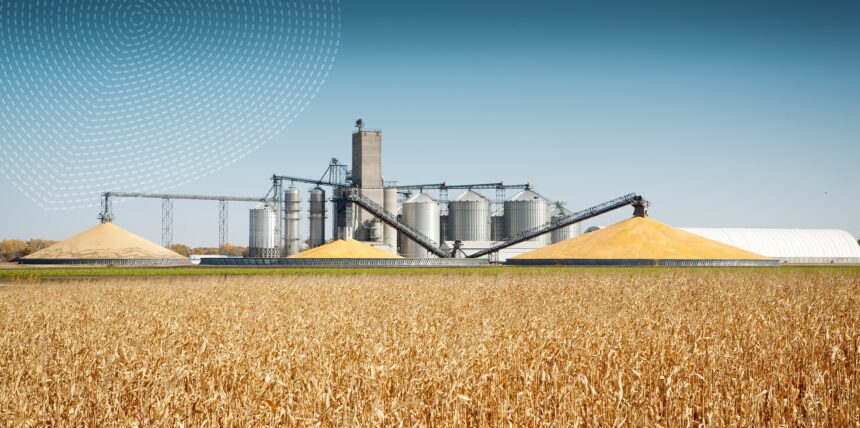- Ethanol production in South Africa plays a significant role in the country’s renewable energy and biofuel sector. It is primarily produced from sugarcane and maize, which are abundant agricultural crops in the region.
- South Africa has established a blending mandate that requires all petrol sold in the country to contain a certain percentage of ethanol. Currently, the blending mandate stands at 2% ethanol, but there are plans to increase it to 5% in the near future.
- The largest ethanol producers in South Africa are the sugarcane industry and maize processing plants. These industries have invested in distillation and fermentation facilities to produce ethanol as a byproduct of their primary operations.
- Sugarcane-based ethanol production is concentrated in the eastern regions of South Africa, particularly in the provinces of KwaZulu-Natal and Mpumalanga. The warm climate and fertile soils in these areas provide ideal conditions for sugarcane cultivation.
- Maize-based ethanol production is mainly concentrated in the central regions of South Africa, particularly in the Free State and Gauteng provinces. Maize is a staple crop in the country, and ethanol production helps create value-added products from surplus maize.
- The South African government has implemented various incentives and support mechanisms to promote ethanol production. These include tax incentives, grants, and loan programs to encourage investment in ethanol production facilities and technology.
- Ethanol production in South Africa contributes to job creation and economic development, particularly in rural areas where agricultural activities are prevalent. It provides opportunities for farmers, factory workers, and related industries.
- Ethanol is not only used as a fuel additive but also finds applications in various industries, including pharmaceuticals, cosmetics, and chemicals. It is a versatile product with numerous industrial uses beyond its role as a renewable fuel.
- The South African government has been actively exploring opportunities for expanding the biofuels industry, including ethanol production. The aim is to reduce the country’s reliance on fossil fuels, promote sustainable development, and mitigate climate change.
- Despite the growth and potential of ethanol production in South Africa, there are also challenges to be addressed. These include fluctuations in feedstock availability, competition with food production, and the need for continuous research and development to improve production efficiency and sustainability.
Join 'Farmers Mag' WhatsApp Channel
Get the latest Farming news and tips delivered straight to your WhatsApp
CLICK HERE TO JOIN






